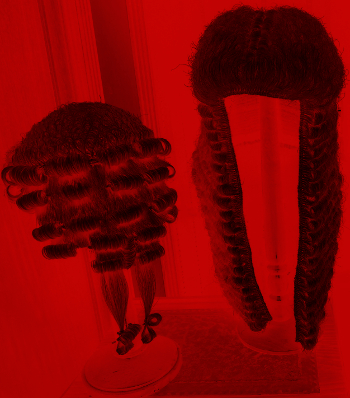ATO case appeal fails
 ATO whistleblower Richard Boyle has lost his appeal to halt his criminal prosecution.
ATO whistleblower Richard Boyle has lost his appeal to halt his criminal prosecution.
Boyle faces decades of prison time over the alleged release of protected information regarding debt collection tactics in the Adelaide office.
Boyle, an ex-public servant based in Adelaide, revealed in 2018 that the ATO had pushed its staff to use harsh debt collection tactics on Australian individuals and small businesses, including issuing orders for banks to hand over taxpayers’ money without their permission,
He now faces 24 charges for allegedly releasing information unlawfully, including gathering documents and recording conversations. These charges are being pursued by federal prosecutors.
Boyle's attempt to claim immunity under the whistleblower provisions of the Public Interest Disclosure Act 2013 was dismissed by the District Court of South Australia in March 2023.
He subsequently appealed to the Court of Appeal of the Supreme Court of South Australia. However, in a unanimous judgement handed down this week, Justices David Lovell, Samuel Doyle, and Sophie David dismissed Boyle's appeal.
Justice Lovell has suppressed the publication of the judgement’s reasons until 10am on Thursday.
This decision implies that Boyle will face trial in the District Court on September 2. If convicted, he could face a lengthy prison sentence.
The Court of Appeal’s ruling, barring any intervention from federal Attorney-General Mark Dreyfus or a challenge in the High Court, means Boyle will stand trial on charges that could lead to a prison term of up to 46 years.
Boyle had initially raised his concerns about ATO's debt collection practices internally before making a complaint to the tax ombudsman and then going to the media.
His allegations were validated by follow-up reviews, and a federal parliamentary report described the ATO's investigation into his claims as “superficial”.
Former senator Rex Patrick, who established a Whistleblower Justice Fund to support Boyle and other whistleblowers, said outside court; “This is just another nail in the coffin of whistleblowing here in Australia”.
“We want people to blow the whistle when they see something going wrong. It’s a critical part of our democracy to have people on the inside reporting misconduct. That will not occur unless we protect our whistleblowers.”
Patrick said the prosecution had already had severe effects on Boyle and his family, and called on the Attorney-General to drop the case.
The Human Rights Law Centre says the case shows the severe deficiencies of Australian whistleblower protection legislation.
Attorney-General Mark Dreyfus has previously refrained from commenting directly on Boyle’s case but has expressed a commitment to updating the Public Interest Disclosure Act to improve whistleblower protections.








 Print
Print